Manipulated media will fool you — yes, you
As a journalist, you’re likely among the last to fall for a bluff. You’ve probably stood your ground through chain letters, internet hoaxes, and even recent AI-generated articles and images.
That’s about to change.
Adobe, the creators of Photoshop, says editing software has become so sophisticated that we need to view all online images and videos with the same skepticism as scam emails.
The distinguished Magnum photographer Jonas Bendiksen recently gave us a taste of what is to come. Bendiksen set out to document life in the “fake news” capital of Veles in North Macedonia. Veles was home to at least 140 politics websites aimed at U.S. conservatives and Trump supporters during the 2016 presidential election.
This year, the result was published. In print, The Book of Veles investigates historical and current efforts toward producing disinformation and chaos, laden with photographs shot by Bendiksen.
Or so we thought. I was not the only victim when Bendiksen’s project turned out to be a tour de force of manipulation. The project had already received acclaim, and a screening at the prestigious Visa pour l’Image festival. The photos had been manipulated with 3D software. All the text was generated by AI.
Bendiksen was only exposed after creating a fake Twitter account portraying a Veles journalist that posted accusations against him.
“If an average nerdy photographer can go into his basement, look at YouTube tutorials, and create a whole photographic documentary from scratch, then we are in trouble,” Bendiksen said of the project. This book demonstratively proves we are headed for trouble.
In addition, a whole range of advances in synthetic media generation and media manipulation are currently broadcast-ready. Video games are drawing attention for looking increasingly realistic, and sophisticated computerized voice clones are convincingly replicating human voices. Director Jon Favreau confirms the trend: “It becomes harder and harder to trust your own eyes and ears when it comes to this stuff.”
With all these manipulation techniques increasing in sophistication and accessibility, they will trickle into more content. That is why we need to prepare for a new normal, where scrutinizing online images and videos is as natural as being fascinated by them.
Ståle Grut is a journalist and strategic advisor at the Norwegian Broadcasting Corporation’s R&D Lab, NRKbeta.

As a journalist, you’re likely among the last to fall for a bluff. You’ve probably stood your ground through chain letters, internet hoaxes, and even recent AI-generated articles and images.
That’s about to change.
Adobe, the creators of Photoshop, says editing software has become so sophisticated that we need to view all online images and videos with the same skepticism as scam emails.
The distinguished Magnum photographer Jonas Bendiksen recently gave us a taste of what is to come. Bendiksen set out to document life in the “fake news” capital of Veles in North Macedonia. Veles was home to at least 140 politics websites aimed at U.S. conservatives and Trump supporters during the 2016 presidential election.
This year, the result was published. In print, The Book of Veles investigates historical and current efforts toward producing disinformation and chaos, laden with photographs shot by Bendiksen.
Or so we thought. I was not the only victim when Bendiksen’s project turned out to be a tour de force of manipulation. The project had already received acclaim, and a screening at the prestigious Visa pour l’Image festival. The photos had been manipulated with 3D software. All the text was generated by AI.
Bendiksen was only exposed after creating a fake Twitter account portraying a Veles journalist that posted accusations against him.
“If an average nerdy photographer can go into his basement, look at YouTube tutorials, and create a whole photographic documentary from scratch, then we are in trouble,” Bendiksen said of the project. This book demonstratively proves we are headed for trouble.
In addition, a whole range of advances in synthetic media generation and media manipulation are currently broadcast-ready. Video games are drawing attention for looking increasingly realistic, and sophisticated computerized voice clones are convincingly replicating human voices. Director Jon Favreau confirms the trend: “It becomes harder and harder to trust your own eyes and ears when it comes to this stuff.”
With all these manipulation techniques increasing in sophistication and accessibility, they will trickle into more content. That is why we need to prepare for a new normal, where scrutinizing online images and videos is as natural as being fascinated by them.
Ståle Grut is a journalist and strategic advisor at the Norwegian Broadcasting Corporation’s R&D Lab, NRKbeta.
Melody Kramer

Anika Anand

Richard Tofel

j. Siguru Wahutu
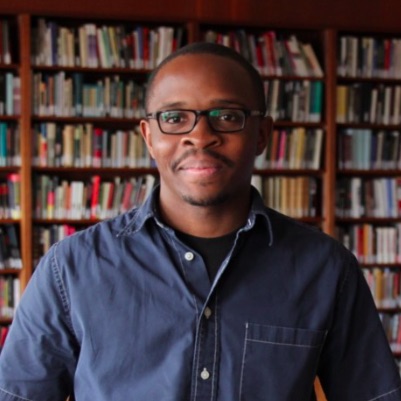
Jessica Clark

Jennifer Brandel

Julia Munslow

James Green

Candace Amos
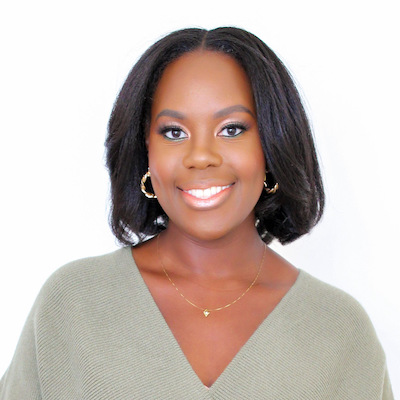
Francesco Zaffarano
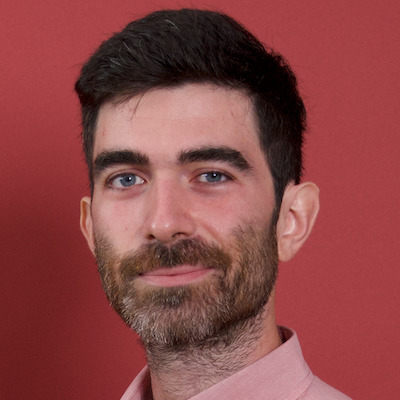
Simon Allison

Mario García

Chicas Poderosas

Paul Cheung

Tony Baranowski

Robert Hernandez

Cherian George
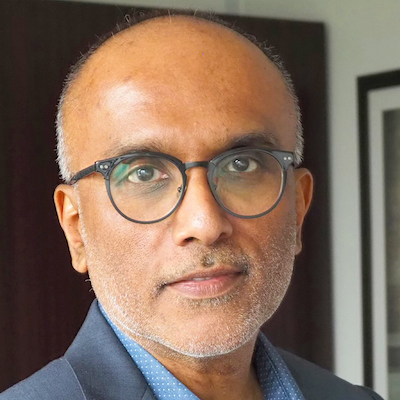
Jody Brannon

Amy Schmitz Weiss

Sam Guzik

Joe Amditis

Jonas Kaiser

Mike Rispoli

Sarah Marshall

AX Mina

Kristen Jeffers

Errin Haines

Tamar Charney

Sarah Stonbely

Alice Antheaume
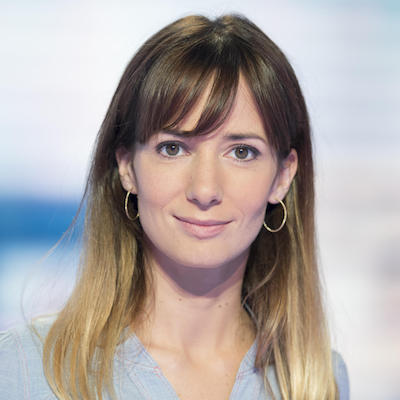
Matt DeRienzo

Shalabh Upadhyay
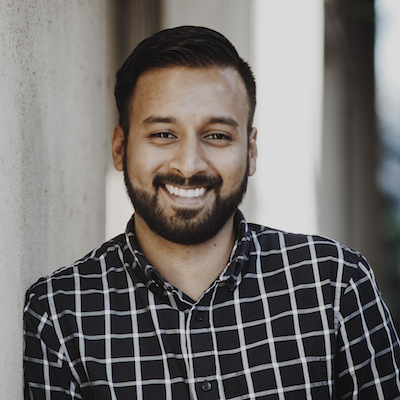
Catalina Albeanu

Anita Varma

Michael W. Wagner

A.J. Bauer

Ariel Zirulnick

Kerri Hoffman

Janelle Salanga

Brian Moritz

Moreno Cruz Osório

Parker Molloy

Gonzalo del Peon

Nikki Usher

Mandy Jenkins

Christina Shih

Stephen Fowler

Whitney Phillips

Laxmi Parthasarathy

Burt Herman
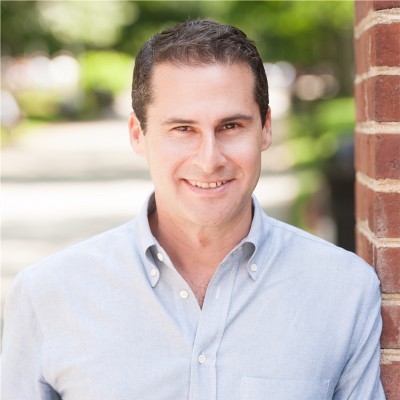
Jesenia De Moya Correa

Jim Friedlich

Izabella Kaminska

Eric Nuzum

Zizi Papacharissi
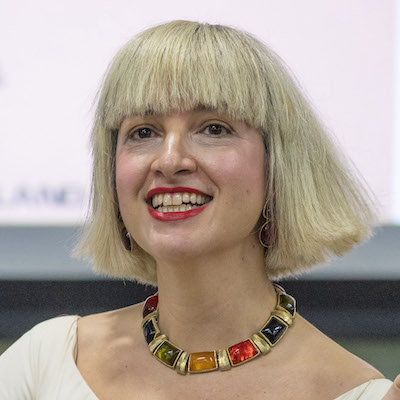
Shannon McGregor Carolyn Schmitt

Raney Aronson-Rath

Joy Mayer

Daniel Eilemberg

Joanne McNeil

Victor Pickard

Kristen Muller

Natalia Viana

Kendra Pierre-Louis

Ståle Grut

Julia Angwin

Gordon Crovitz

Mary Walter-Brown

Stefanie Murray

Christoph Mergerson

Joni Deutsch

Simon Galperin

Anthony Nadler

Rachel Glickhouse

Jennifer Coogan

Doris Truong

Matt Karolian

Wilson Liévano
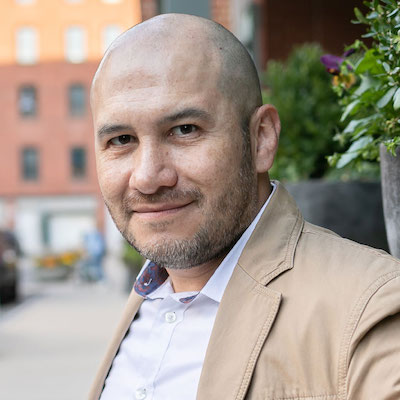
Matthew Pressman

Andrew Freedman

Megan McCarthy

Chase Davis

Tom Trewinnard

David Skok

David Cohn

Cindy Royal

John Davidow

Millie Tran

Rasmus Kleis Nielsen

Don Day

Larry Ryckman

Cristina Tardáguila

Kathleen Searles Rebekah Trumble

Joshua P. Darr

Meena Thiruvengadam

Amara Aguilar

Jesse Holcomb

Gabe Schneider

S. Mitra Kalita
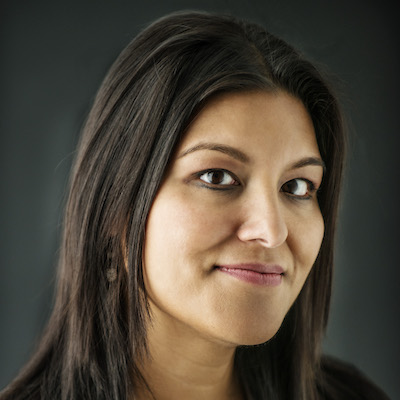
Juleyka Lantigua
